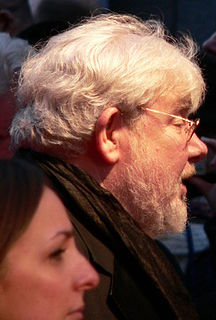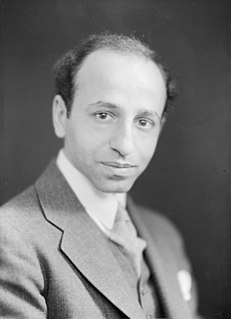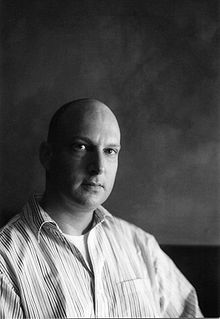A Quote by Richard Griffiths
My vanity is not remotely physical, it is cerebral. I suppose feeling self-conscious might be a form of vanity, though.
Related Quotes
Pride differs in many things from vanity, and by gradations that never blend, although they may be somewhat indistinguishable. Pride may perhaps be termed a too high opinion of ourselves founded on the overrating of certain qualities that we do actually possess; whereas vanity is more easily satisfied, and can extract a feeling of self-complacency from qualifications that are imaginary.
And could I look upon her without compassion, seeing her punishment in the ruin she was, in her profound unfitness for this earth on which she was placed, in the vanity of sorrow which had become a master mania, like the vanity of penitence, the vanity of remorse, the vanity of unworthiness, and other monstrous vanities that have been curses in this world?
Pride... is a very common failing, I believe. By all that I have ever read, I am convinced that it is very common indeed; that human nature is particularly prone to it, and that there are very few of us who do not cherish a feeling of self-complacency on the score of some quality or the other, real or imaginary. Vanity and pride are different things, though the words are often used synonymously. A person may be proud without being vain. Pride relates more to our opinion of ourselves, vanity to what we would have others think of us.



































